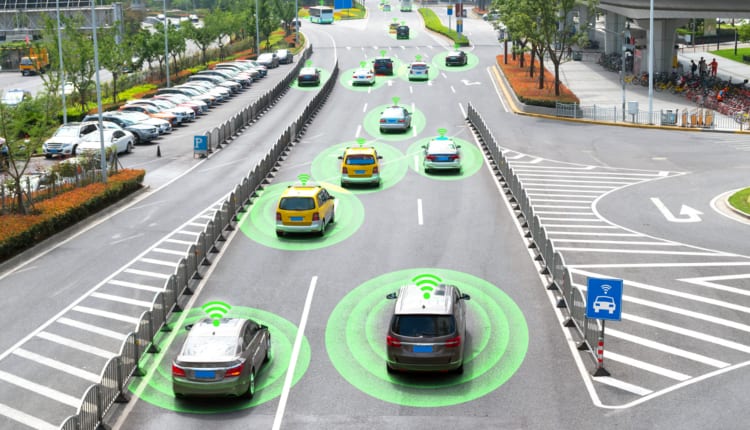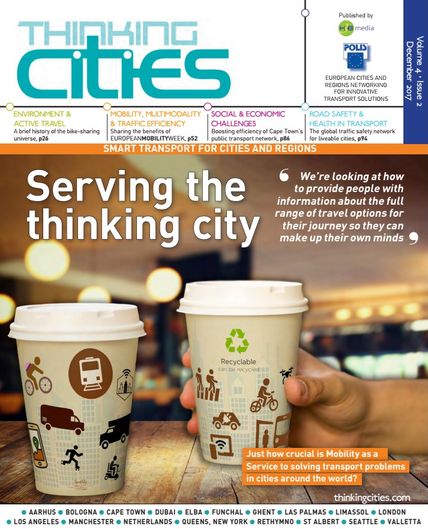Intelligent, Connected, and Cooperative Transport Systems (C-ITS)
Intelligent Transport Systems (ITS) leverage information and communication technologies (ICT) to improve transportation management, optimize traffic flow, and enhance safety. By integrating ICT into infrastructure, ITS enables local authorities to manage transportation networks efficiently, provide real-time information to users, and implement integrated payment schemes, making urban mobility smarter and more sustainable.
Cooperative Intelligent Transport Systems (C-ITS) take this a step further, focusing on communication between vehicles and infrastructure. This allows for enhanced coordination, improving road safety and traffic efficiency. C-ITS complements existing ITS technologies by introducing vehicle-to-infrastructure (V2I) communication, enabling actions like traffic signal prioritization for emergency vehicles and improved pedestrian and cyclist safety.
Despite its promise, C-ITS deployment has been slow in urban environments due to challenges like infrastructure complexity, data privacy concerns, and the need for standardization. However, significant European and national investments have been made in C-ITS R&D, and real-world applications in urban areas are starting to emerge.
POLIS is committed to advancing C-ITS in urban settings and has been involved in EU-funded projects like CODECS and CIMEC, which focus on overcoming the challenges of deploying C-ITS in cities.
Key references
Views and requirements of city authorities:
- Requirements of urban transport authorities regarding cooperative V2I and I2V systems and their strategic policy implications – Dec. 2016- CODECS D4.2
- City status and requirements for C-ITS deployment (including results of ITS/C-ITS survey involving 50+ cities) – October 2016 – CIMEC D1.1
- C-ITS roadmap for European cities – CIMEC D3.2– one-pager in English, German and Spanish – CIMEC roadmap summary (16 pages)
Supplier views:
- Supplier views on C-ITS derived from survey and outreach activities – May 2016 – CIMEC D2.3
Urban standardisation issues:
- C-ITS standardisation requirements for the urban environment – Dec. 2016 – CIMEC D2.5
- Feasibility study on common technical specifications for interfacing the vehicle and urban traffic management system – Dec. 2016 – CODECS D4.3
Other useful references:
- UK guide to connected vehicles for local authorities
- UK guide to C-ITS communication technology options - policy implications
- C-ITS Deployment Platform Phase 1 report
- C-ITS Deployment Platform Phase 2 work programme
- C-ITS and public transport article (Eurotransport magazine, issue 1, 2017)

Brussels Bubble Band meet to discuss implementation of key EU policies

Cooperation between NAPCORE and POLIS inaugurated

Barcelona Declaration sets new ambition for sustainable transport in the EU
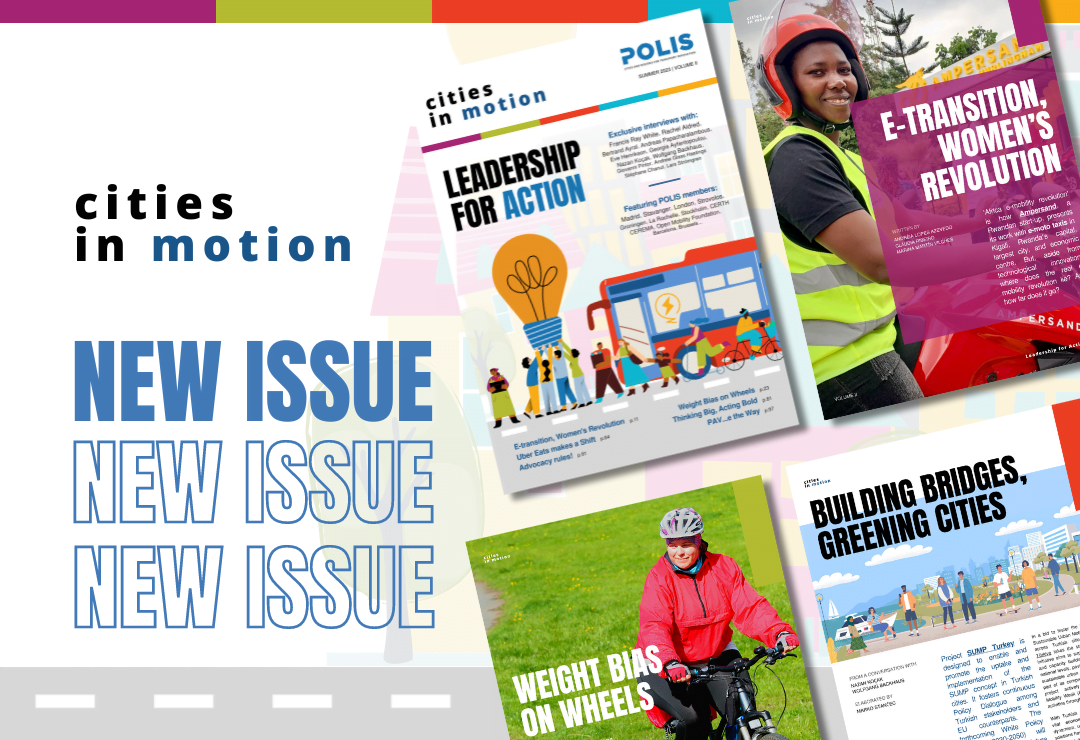
POLIS publishes second volume of magazine Cities in motion!
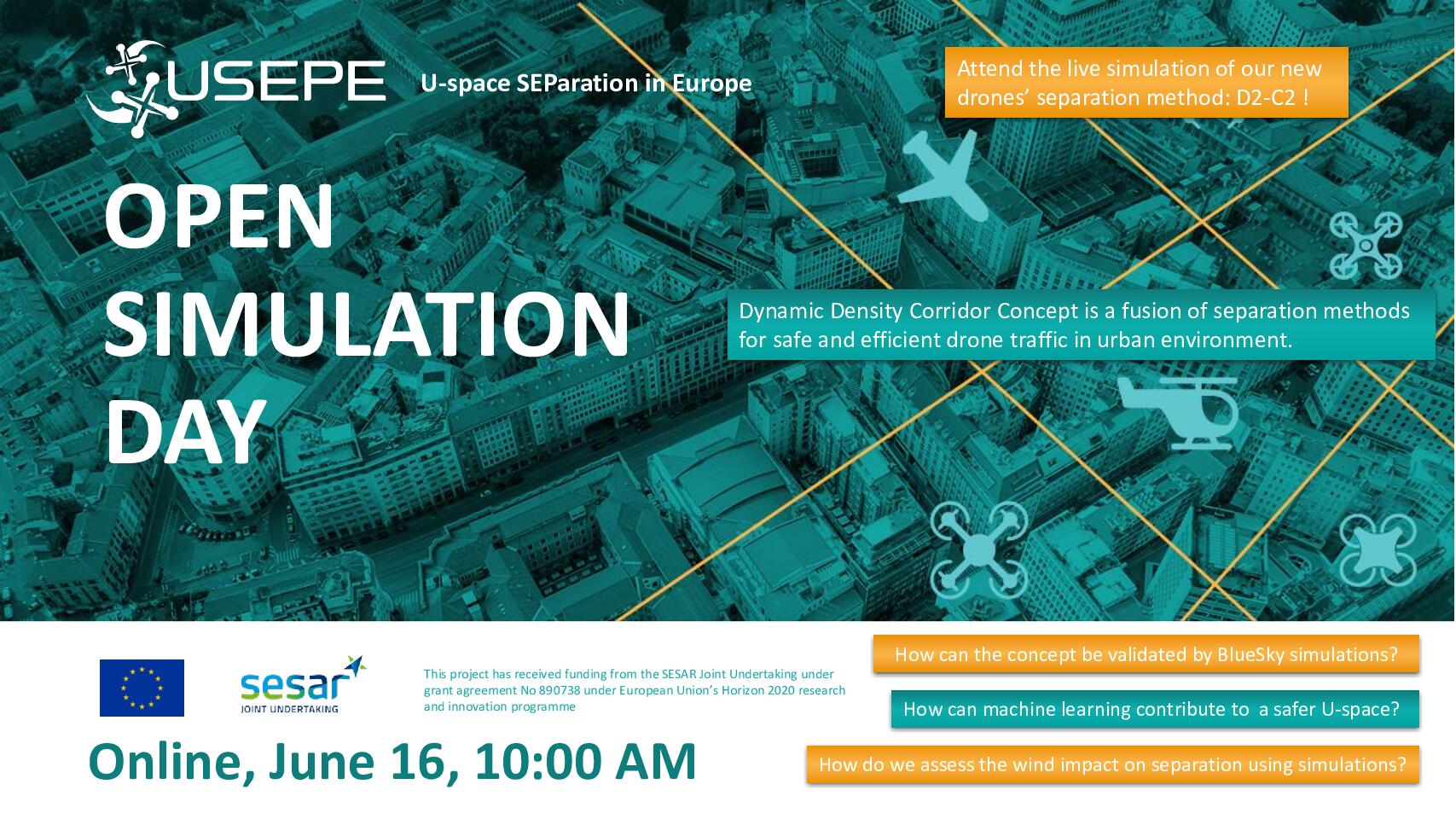
USEPE: Open Simulation Day

USEPE project makes Nordic Edge really say “What the Flying…?!”
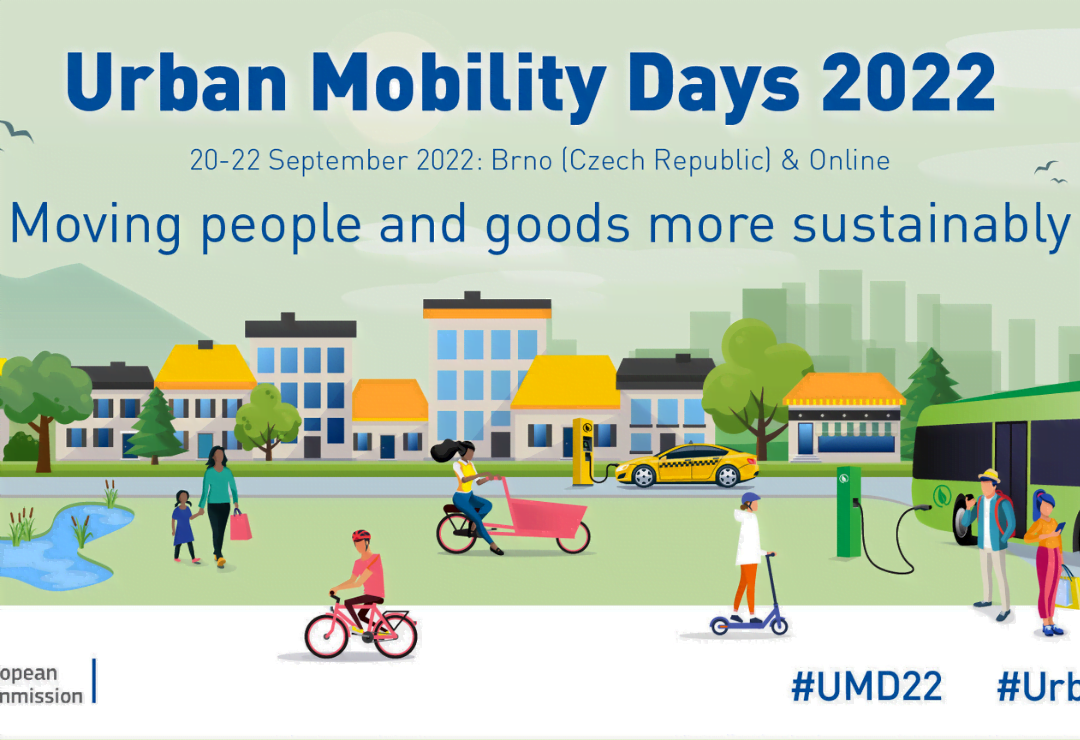
Save the date for the Urban Mobility Days 2022!

Respond to the call for cities interested in ITS solutions for sustainable city logistics
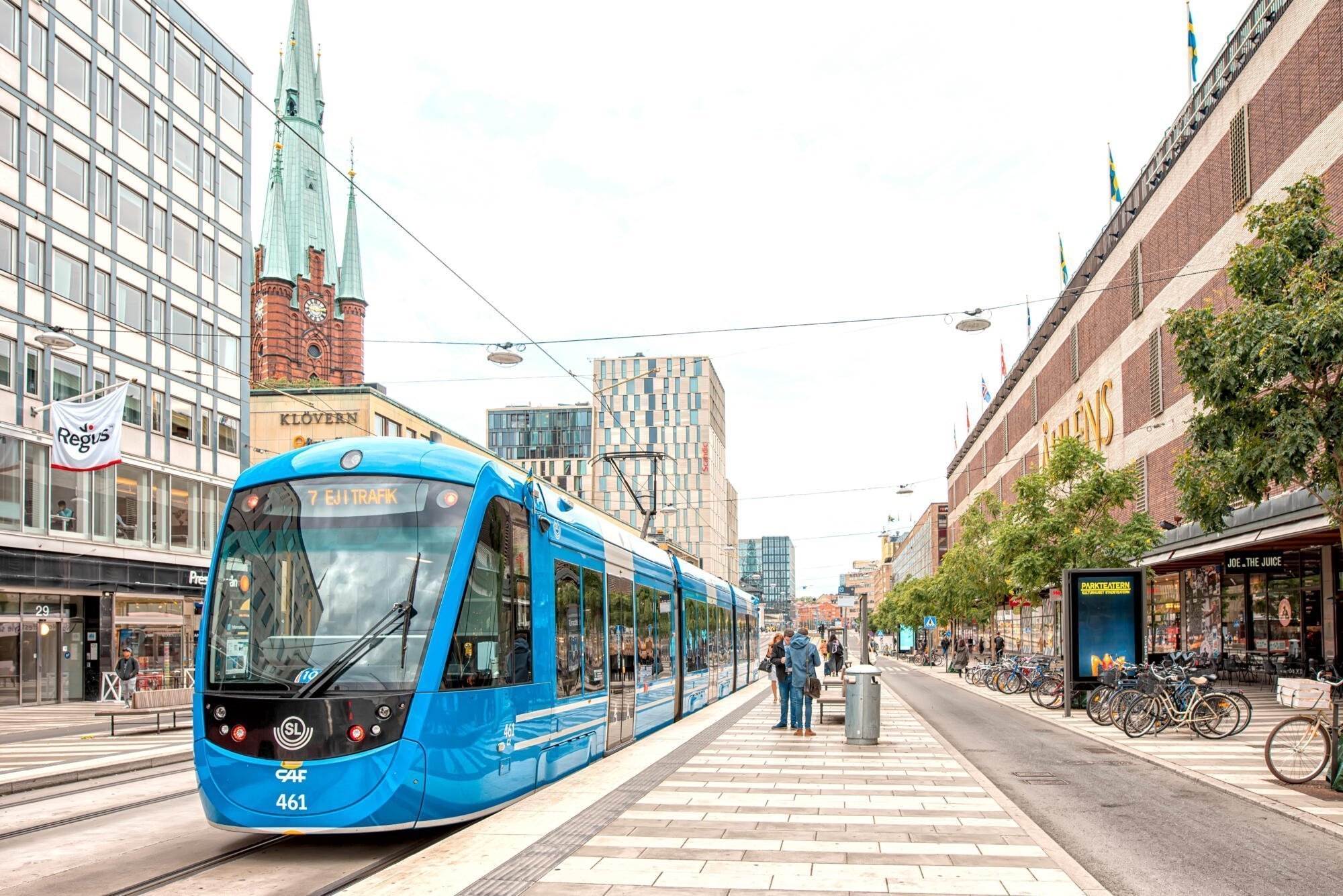
DIT4TraM: a new EU-funded project to improve traffic and mobility management

Cross border bus network connects Catalonia and the Region of Occitania
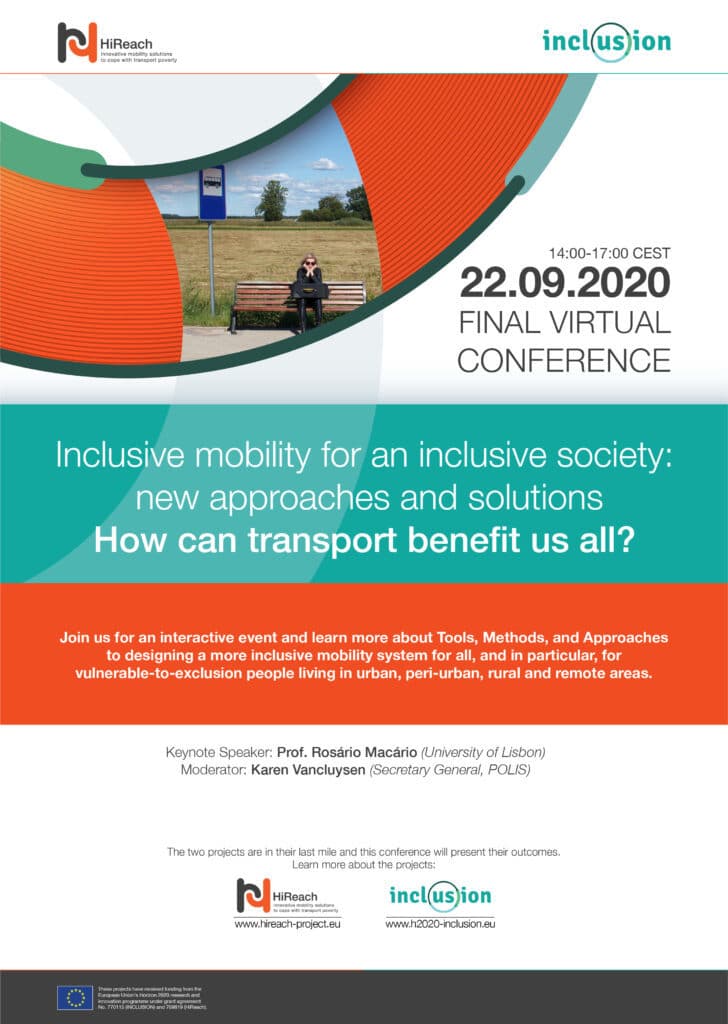
REGISTRATIONS OPEN: Inclusive mobility for an inclusive society: new approaches and solutions

SAVE THE DATE: Inclusive mobility for an inclusive society: new approaches and solutions – 22 September 2020

Views sought on call topics for urban accessibility, connectivity and mobility
What do policy makers want to know about the impact of connected and automated vehicles?
Call for Submissions for TRA2020 open until 31 May
2019 ITS Europe Congress for cities and regions
The GECKO project is looking for New Mobility Stakeholders
TRA2020 Helsinki Call for Invited Sessions open

Polis at ITS Europe Congress
European Parliament backs new vehicle safety standards
Join the NMS partner seminar and ITS European Congress side event: New Mobility Services in a Smart City context
General Safety Regulation: Final Negotiations are Underway
Polis facilitates dialogue between cities and regions and new mobility service providers
ERTRAC Annual Conference to discuss road transport research under “Horizon Europe”

Upcoming Polis Working Group meetings in 2019
ITS European Congress in Helmond: Deadline for Papers and Session Proposals Extended!
EC releases draft delegated act on C-ITS
EC’s ITS plans likely to apply to cities and regions
The third CoEXist newsletter is available
Fleet recognition schemes in public contracts, intelligent city logistics and much more in the latest BuyZET newsletter
2017 Polis Conference: Programme launched and registrations open!
- Related Events
- Related Documents
- Related Projects

ITS European Congress 2025

Demo Day: Intelligent Speed Assistance

Traffic Efficiency Working Group webinar: Digitising Traffic Circulation Plans

30th ITS World Congress in Dubai

CIVITAS NMS webinar: Challenges and Solutions for Smart, Connected, Automated New Mobility Services in Urban Contexts

WE-TRANSFORM First Webinar: What jobs and what workers in automated and digital transport services?

Traffic management through public-private cooperation
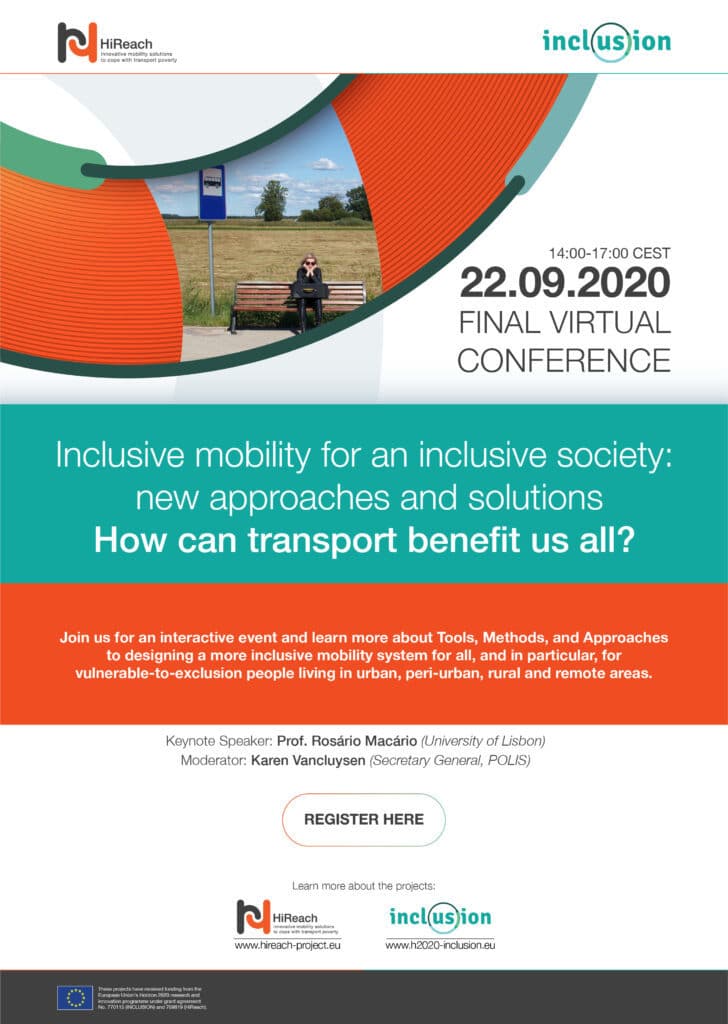
Inclusive mobility for an inclusive society: new approaches and solutions – 22 September 2020
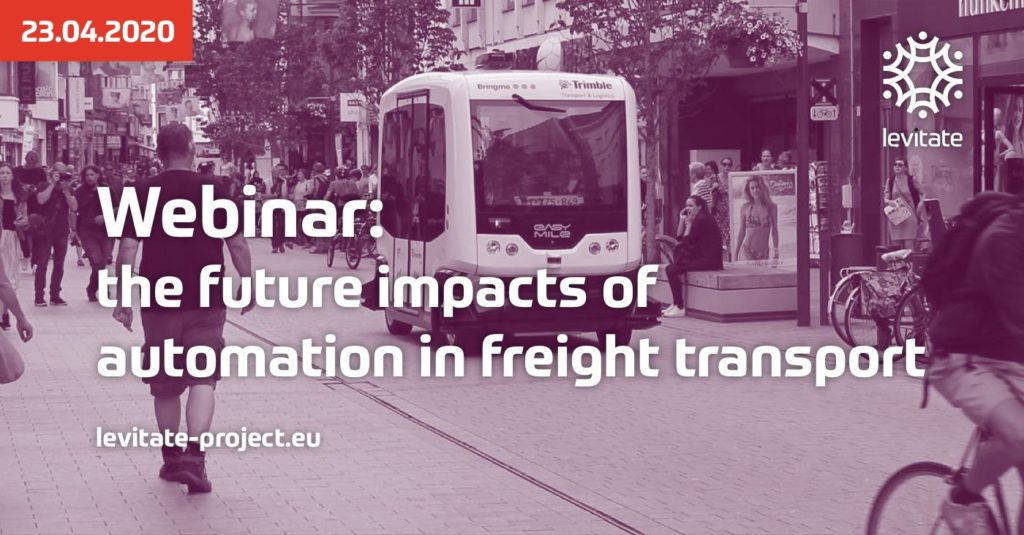
LEVITATE Webinar on the future impacts of automation in freight transport

European ITS Congress 2019
Intelligent Transport Conference
C-ITS City Pool workshop
Urban C-ITS roundtable
C-ITS City Twinning Workshop
ITS Directive evaluation workshop
CODECS C-ITS City Pool workshop
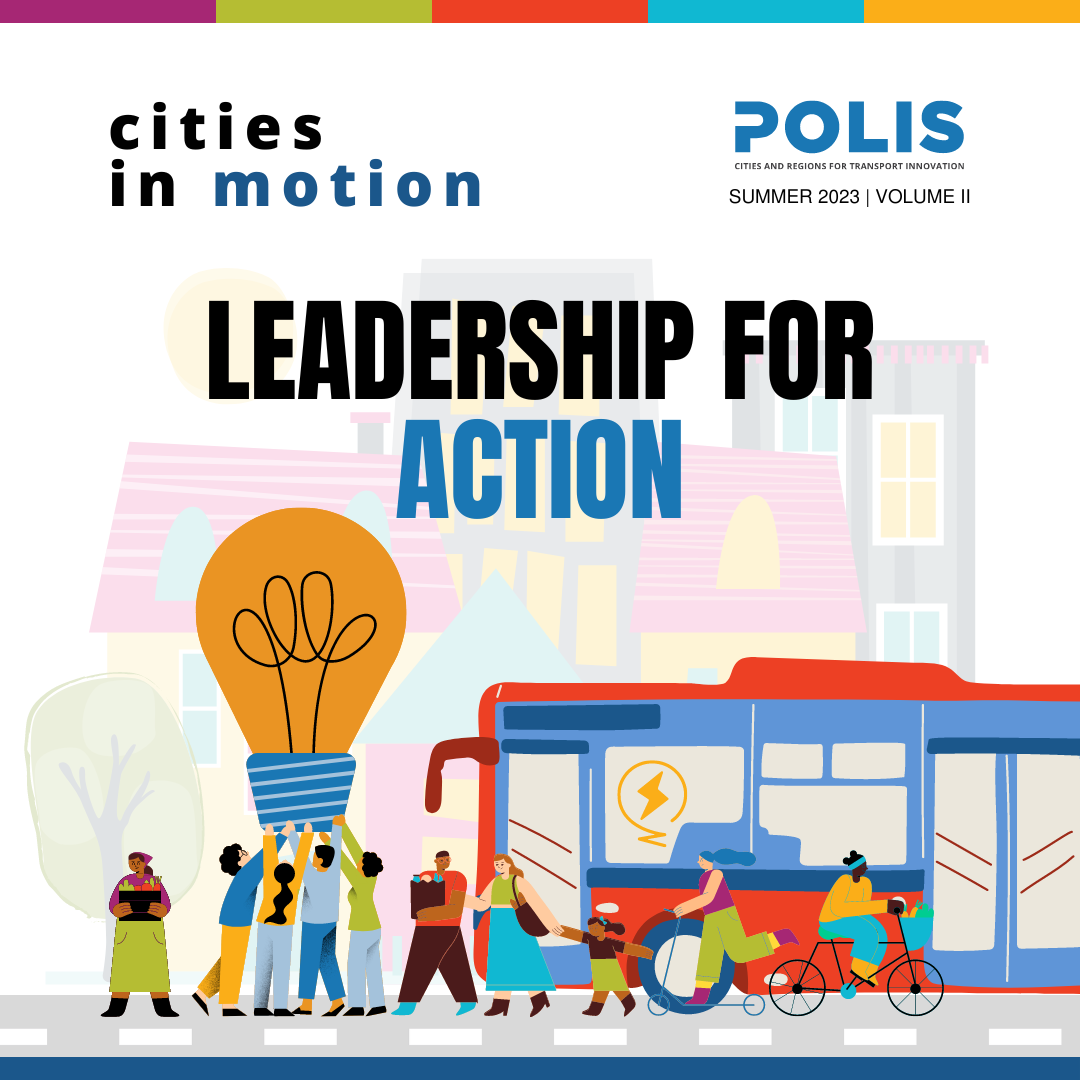
Cities in motion – Volume II: ‘Leadership for action’
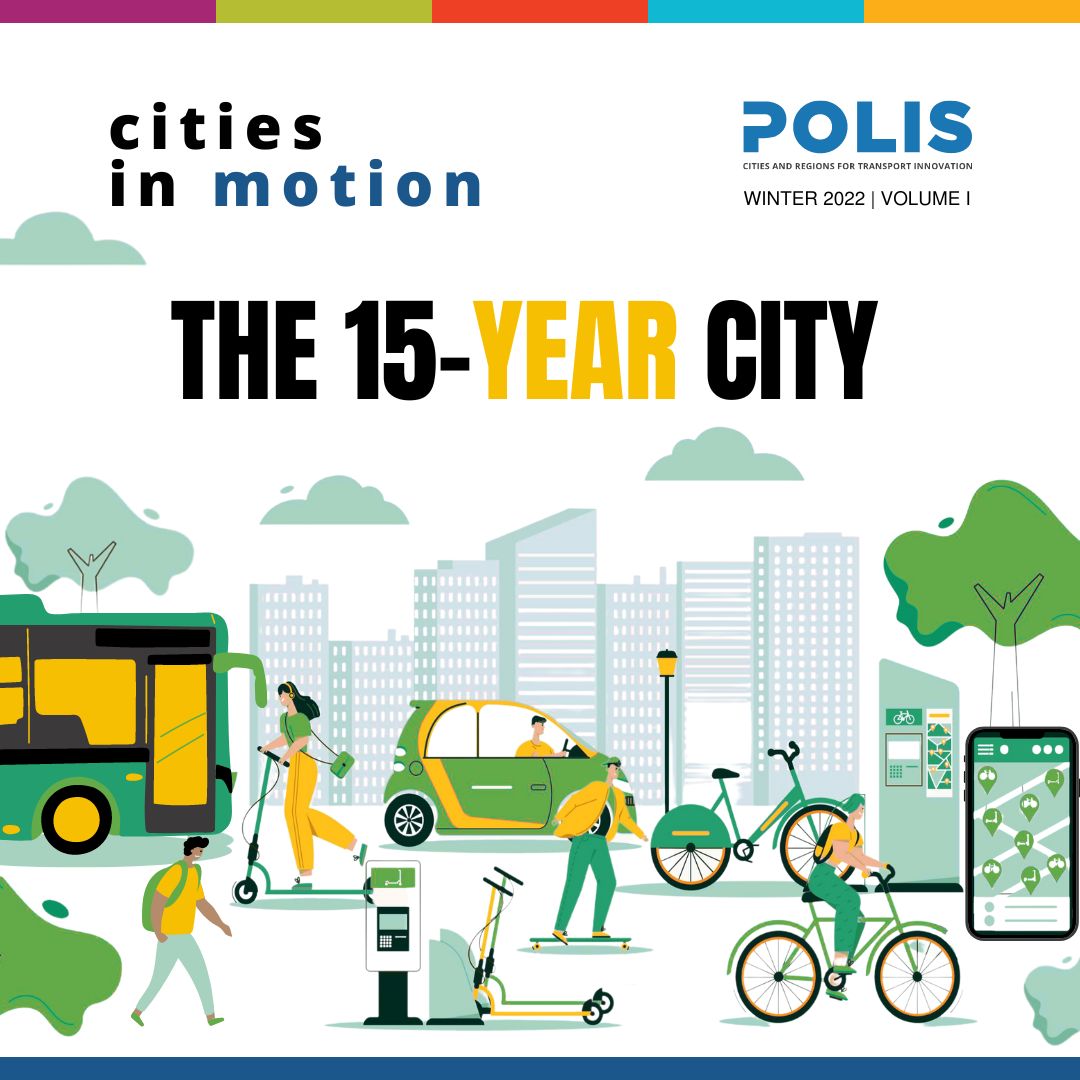
Cities in motion – Volume I: ‘The 15-year city’
Geofencing – City perspective: challenges and possibilities / Gothenburg 29.05
Geofencing – From a City Perspective / Gothenburg 29.05
SUSTAINABLE CITIES – A manufacturers perspective on geofencing / Gothenburg 20.05
The Swedish national R&I program on geofencing / Gothenburg 29.05
Urban Wass / Gothenburg 29.05
Welcome to Gothenburg! / Gothenburg 29.05
Welcome to international workshop on geofencing: new tool in town! / Gothenburg 29.05
Mobility as a Service: Implications for urban and regional transport
CIMEC roadmap final
C-ITS roadmap for European cities (draft)
CIMEC D1.1: cities requirements
CODECS D4.2: cities requirements for C-ITS
CODECS D4.3: Cities C-ITS standardisation requirements
Polis Position on the upcoming decarbonisation transport strategy
More EU Budget for Transport
Member in the Spotlight: In Manchester, the human scale is an essential part of the smart city concept
Towards a more harmonised way of providing access to quality transport data – recommendations from the CIVITAS Capital ITS Advisory Group
Deployment of cooperative ITS in cities ‐ Experiences gained and lessons learnt from the
ITS for vulnerable road users – Experiences from Helmond and the EU VRUITS project
Recent ITS developments in Düsseldorf
Thinking Cities #5
Member in the Spotlight: Catalonia’s two new multimodal initiatives
Workshop on VRU road safety and ITS
Encouraging modal shift to public transport with the use of ITS
Polis position on ITS Action Plan

CITYMOBIL2

FOT-Net I & II

